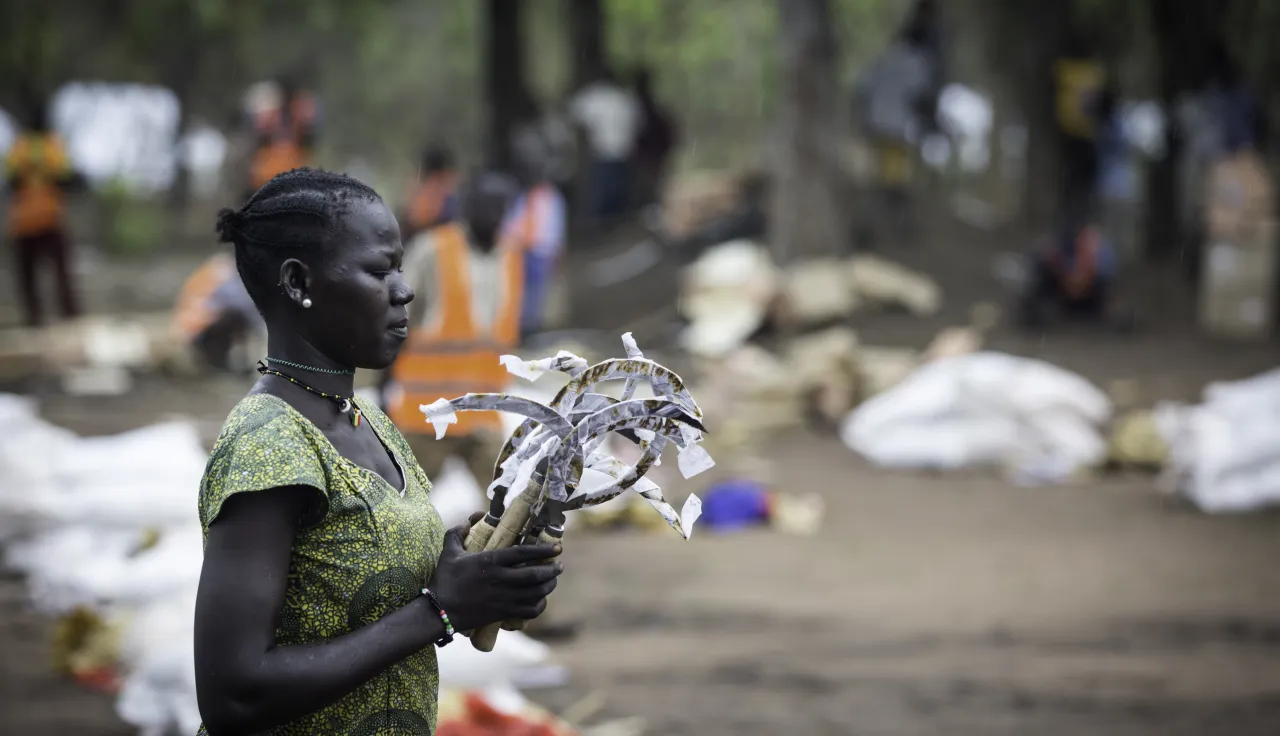Our collaboration with development actors
The ICRC’s mandate is to protect and assist people affected by armed conflict and other situations of violence. Guided by the principles of neutrality, impartiality and independence, the ICRC helps individuals and communities survive conflicts and other crises. The ICRC also makes sure they are able to recover and build resilience overtime, thereby benefitting from sustainable impact.
In contexts of compounded crises, the collaboration between the ICRC and development actors leverages on respective mandates, operating models, and capacities to strengthen the relevance and the impact for the affected populations.
Since 2017, the ICRC has been working with development banks and agencies, enabling partners to stay engaged in fragile and conflict settings and jointly design responsible exit strategies.
These partnerships are built on knowledge sharing and ultimately aim at scaling up impact through:
Operational and financial collaboration
that addresses the needs and aspirations of the most vulnerable populations in fragile and conflict-affected contexts.
Policy engagement and advocacy
at local, regional and global levels to contribute to the humanitarian-development-peace nexus and promote conflict prevention.






